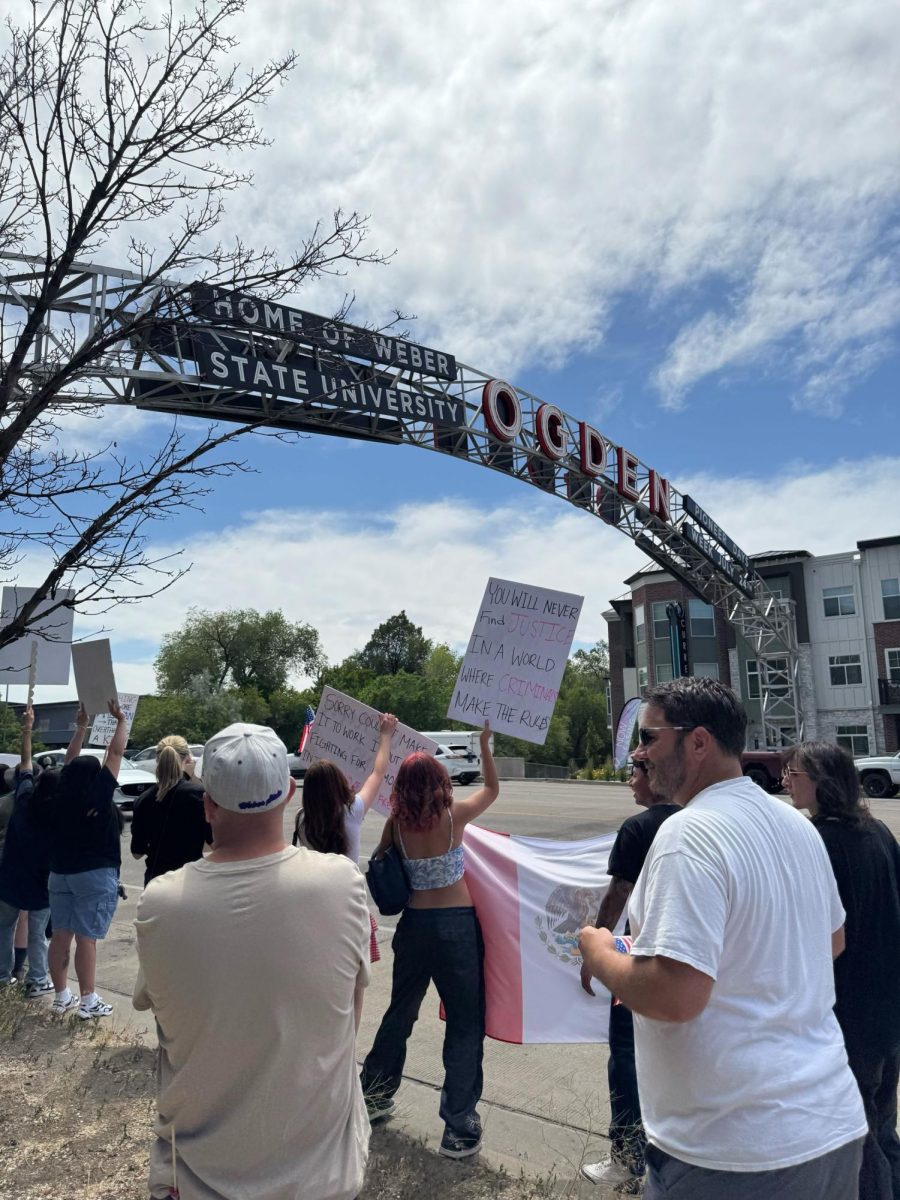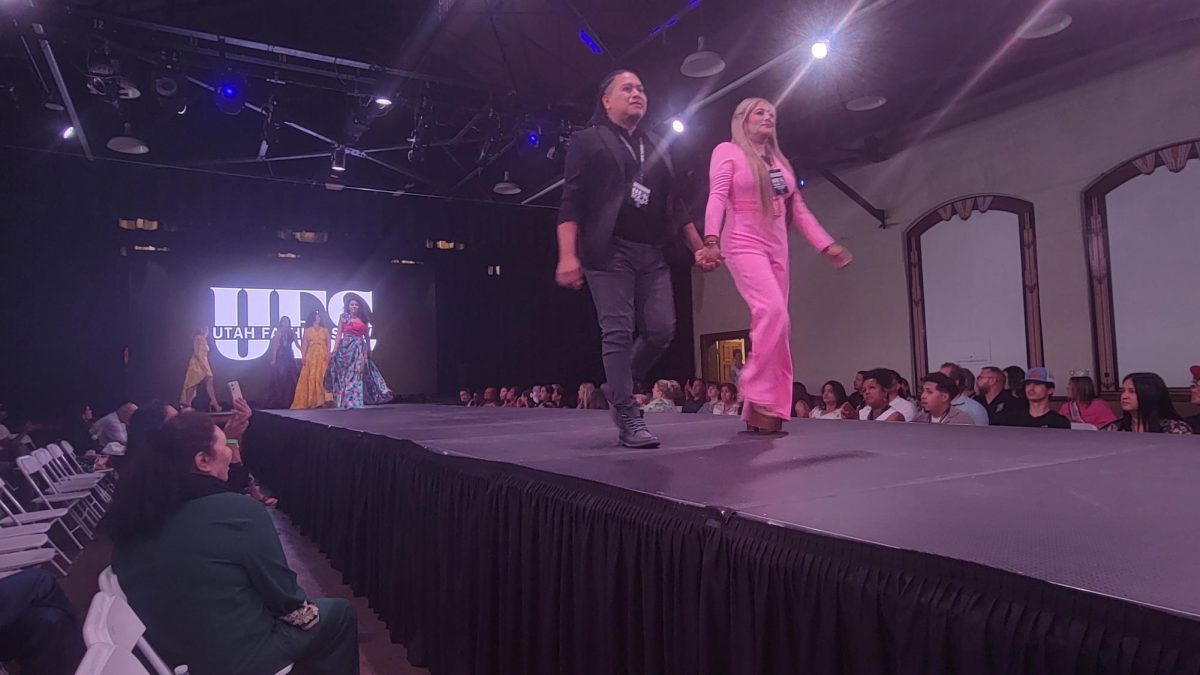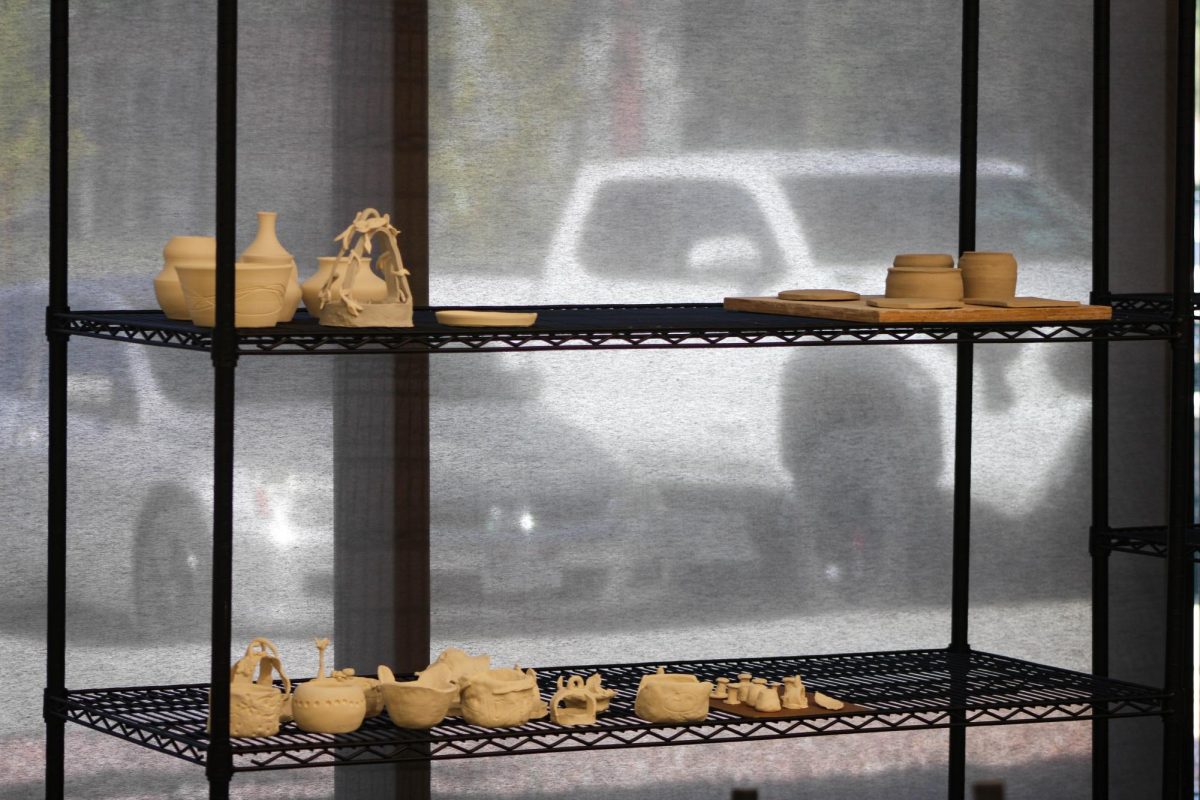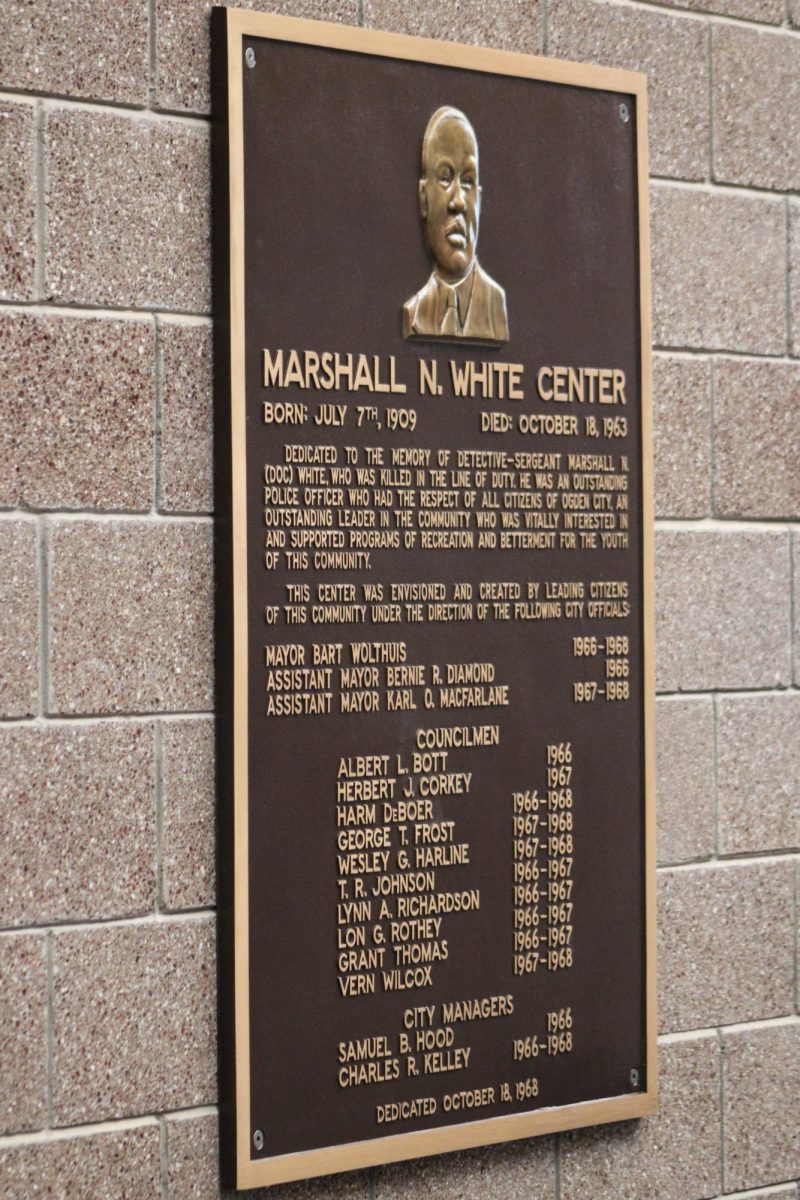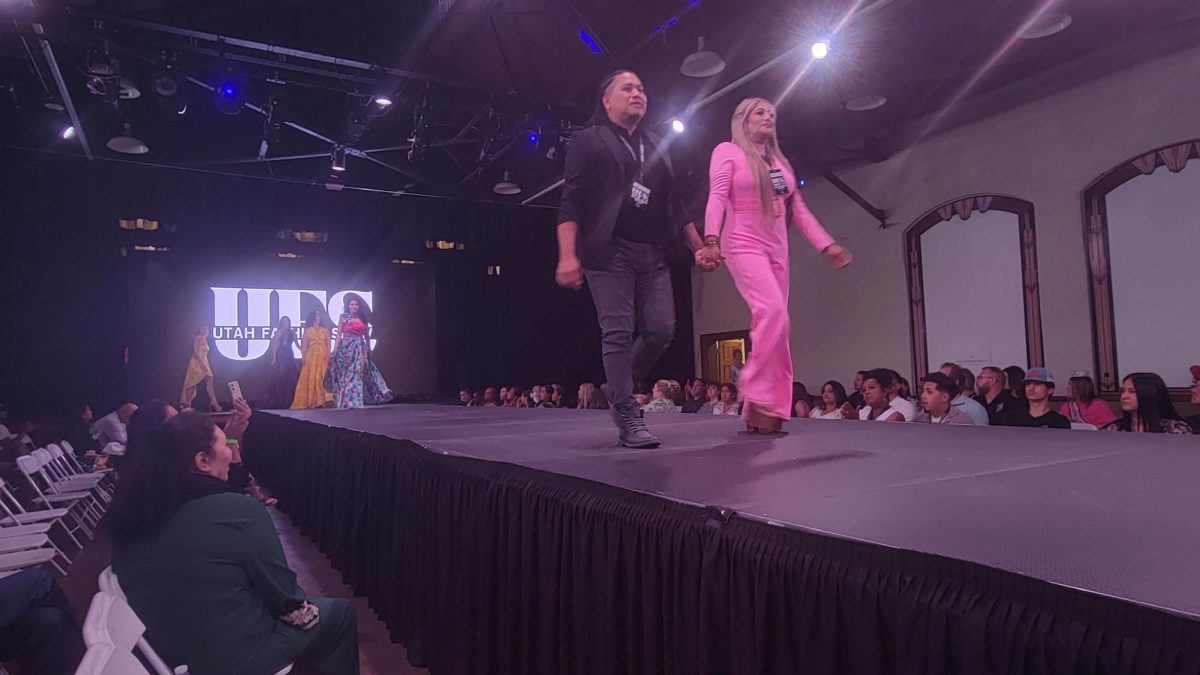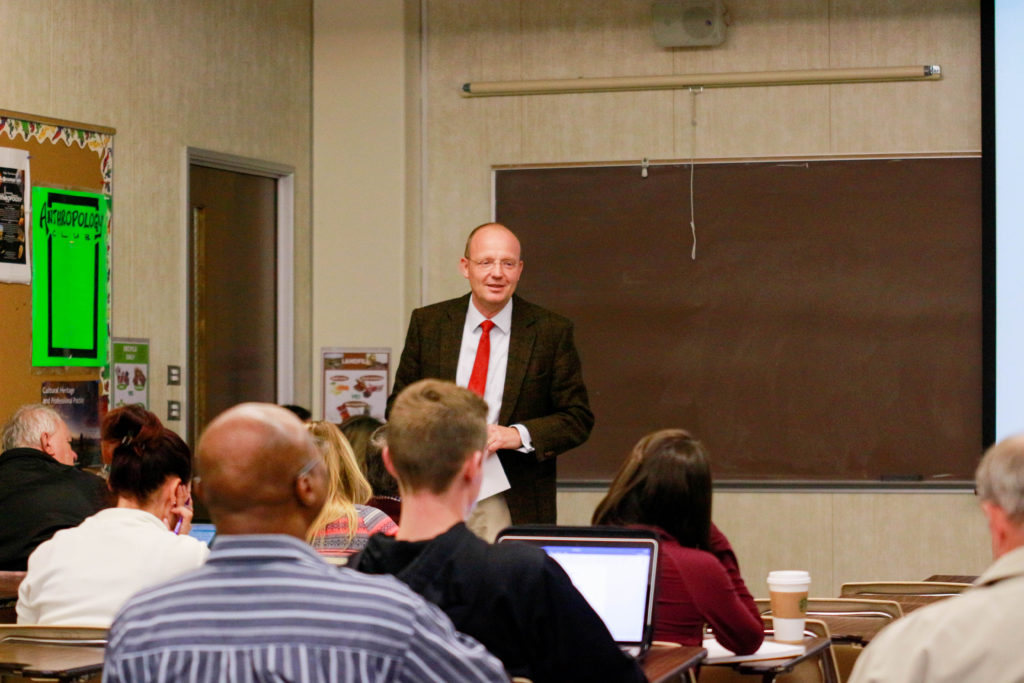
Carsten Stark, visiting from the University of Hof in Germany, claimed that Star Trek isn’t just a TV show — it has evolved into its own religion.
The lecture was presented as part of the Weber State University Psychology and Anthropology departments’ Brown Bag Lecture Series.
In this day and age, Stark argues, “there are not less religions because less people are going to church.” He believes religion is simply evolving.
Stark said that humanity needs religion because religion shows people how to handle ambivalence and ideology. “You need something that explains how to behave in ambivalent situations. There is a necessity for religions,” Stark said.
He argued that many people have non-traditional religions, whether it’s a sci-fi TV series or godless spiritualism.“What I have found is that most scientists are very religious … (They) talk about (their) work like religion,” Stark said.
He believes Star Trek became a religion when it became an idyllic representation of what our lives could be.
Star Trek’s Utopian universe does not require money. No one goes hungry because the replicators materialize whatever they need. Then crew of the Enterprise aren’t soldiers; they’re scientists on a mission to “seek out new life and new civilizations.”
Stark believes Star Trek is an idyllic universe that the people who worship the franchise aspire to emulate, much like how Christians strive to get to heaven. Trekkies look up to characters as role models for how to act morally.
Just like Catholicism, Star Trek, too, has services, but rather than going to a cathedral and listening to Mass, Trekkies gather around the television to hear their sermons. Stark emphasized that these modern religions aren’t crazy — they are different but still worshipping what gives their lives purpose.
“To me, religion has the function to explain what is not explainable,” said Professor Daniel Menning, an attendee at the lecture.
The Psychology and Anthropology departments host Brown Bag lectures whenever there is an interesting guest on campus equipped with a lecture or able to speak about a current event.
“We organize these to share our expertise and provide a social science perspective on current events,” Marjukka Ollilainen, event coordinator and chair of the Sociology and Anthropology Department, said.
There are no set numbers for how many Brown Bags there will be this year, and the lecture setting is casual. The events are posted to the WSU main website.


